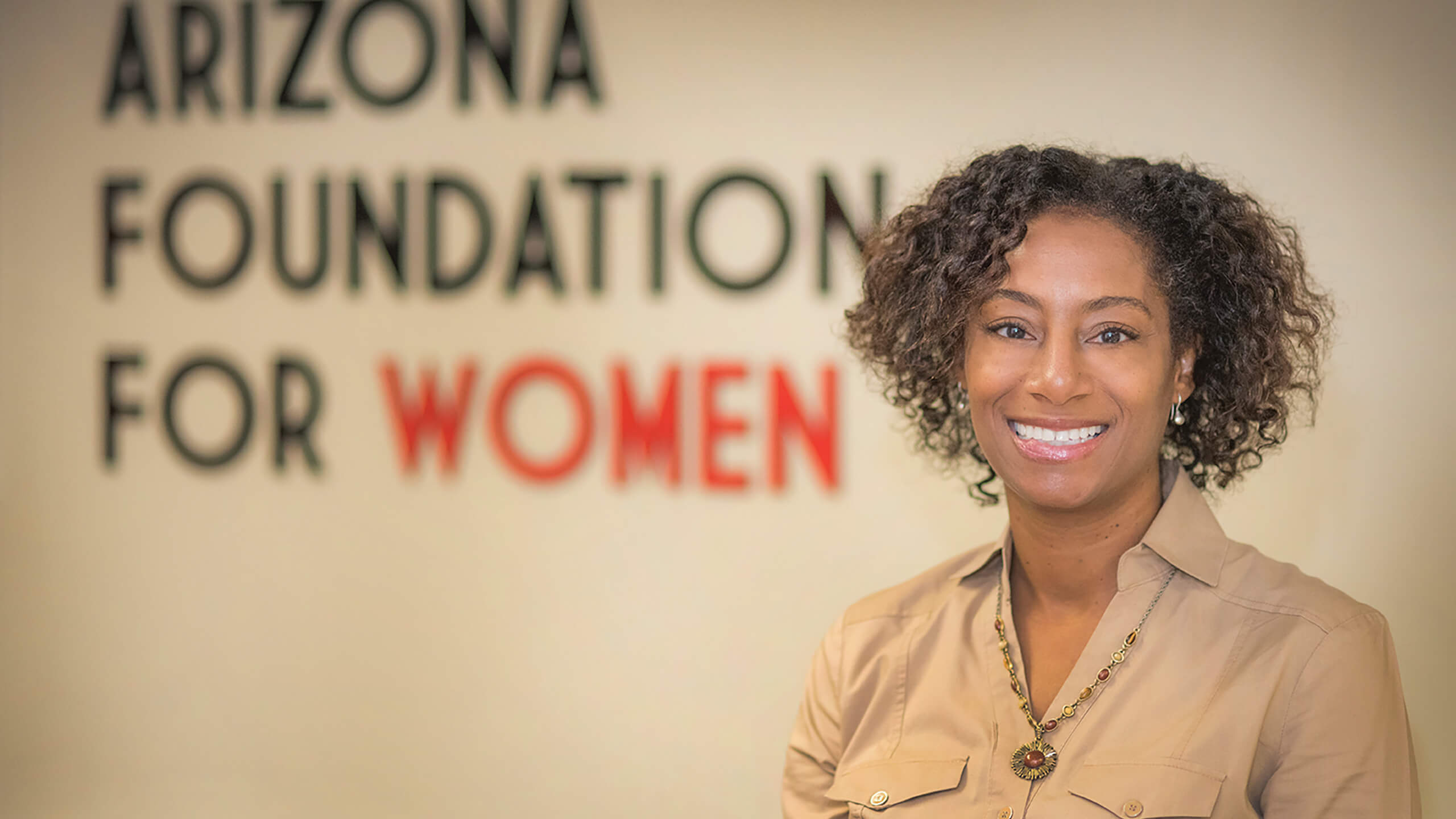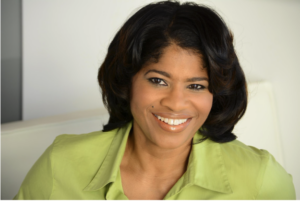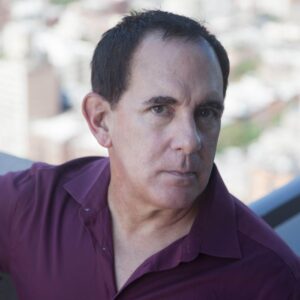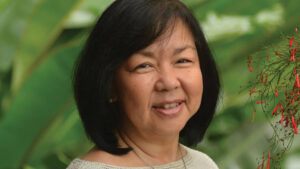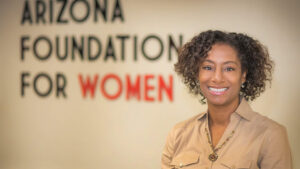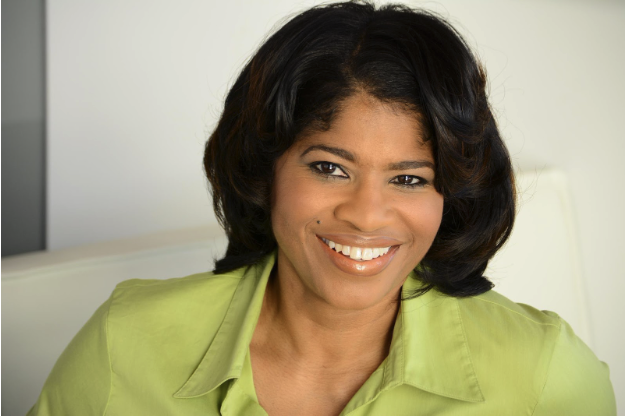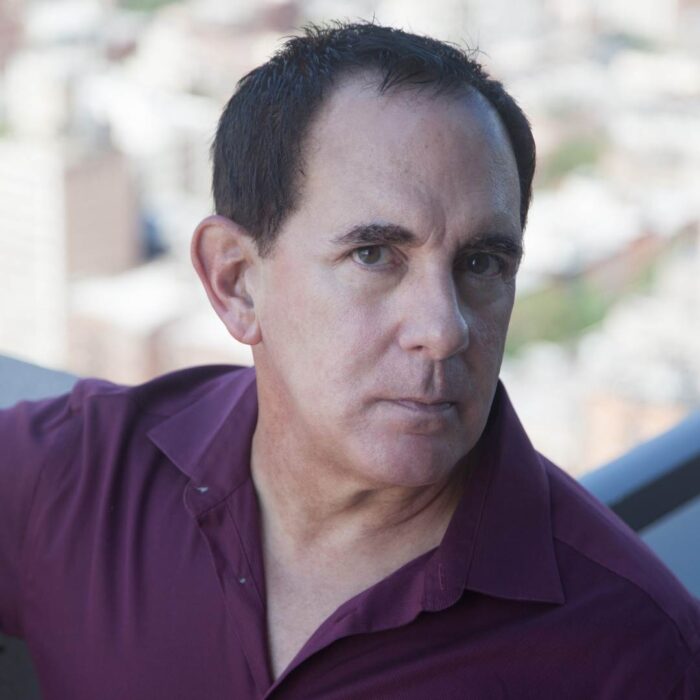An Interview with Kat Mische Elle
Mesha is the CEO of the Arizona Women’s Foundation (AFW) where she fights for the safety, health, and economic empowerment of women in Arizona.
Mesha currently serves on the Alliance for Arizona Nonprofits Board of Directors, finance committee, and policy council. She also serves as a trustee with Independent Newsmedia, Inc. Mesha is a recent past chair of vice-chair, finance, and governance chair of Arizona Grantmakers Board of Directors. She is also a member of EPWNG and Charter 100 AZ.
Mesha, can you tell us about your childhood and the drive that led you to where you are today?
In kindergarten, I realized I was not a typical child. I was an only child raised by a single mother. I sensed that I didn’t want to do what was not okay. I respected my elders, yet I questioned why they would like to ask me to do things that didn’t make me happy.
For example, at school, no one would listen to the teacher, but they would listen to me. I didn’t always want to do what the teachers asked, so I was labeled a defiant child.
What were you experiencing in your environment when you first saw this happening?
I experienced racism in first grade in Milwaukee, Wisconsin. I was expelled from almost every school from kindergarten to high school.
One of my classmates called me the N-word. I didn’t know what it meant, but I knew it was not a good word and it was something that they shouldn’t say to me. I punched him. I knew I should not have reacted this way, but it was my instinct. I was fighting for my rights.
In fifth grade, my mom transferred me to a school in a farmland community because she felt I needed a new experience. Immediately upon entering, I felt there wasn’t anyone there like me.
I was the only black person in this entire school. Yet, when I was introduced to the class, a student picked up a desk, placed it right next to him, and said, “She can sit next to me.” That was the moment I knew I was home. I had the best time at that school.
And what did that do for you in the big picture?
In high school, my mom took me out of private school because she couldn’t afford the tuition. I went back to Milwaukee and into a program called Chapter 220. The program provided busing for black inner-city students to attend suburban schools and suburban students to attend city specialty schools. The school districts developed the program to integrate students from different communities, and as an incentive, the district would receive additional funding. Unfortunately, after they received the money, the way they had the program set up caused racial tension between the black and white students that were not there before.
I noticed the bused kids had to attend one class where we watched TV and played games. It was a free-for-all! I asked, “Why are we in this room?” I was told, “Because you students are so behind, and your grades are bad.”
I said, “I don’t know whose report card you looked at, but I have straight A’s. I want to be taken out of this class immediately and have a full load, just like every other student.” The teacher said, “Mesha, you can’t tell us what to do.”
Off to the principal I went. I told him how I felt and said I would call Contact 6 at Fox News if I couldn’t leave the classroom. They quickly took me out of the classroom but told me that all the regular classes were too full. I worked the rest of the semester in the school office until the following semester when I was allowed a full load like the other students.
It took time to navigate through others’ ignorance, but I kept my momentum and achievements moving forward by believing in myself.
Where did your momentum and achievements take you next?
I knew what I was going to do. After finishing college, I wanted to be a top VP at a huge advertising agency in New York, Chicago, or LA. I had it all planned.
As a first job to set me on my path, I interviewed for the membership and marketing director position at a local YMCA. I never thought of myself in the nonprofit sector. To prepare, I asked many questions, “How long have you been working here? Do you like it?”
My interview started with the Executive Director saying, “I fired this person last week. I fired that person a month ago, and the person in your position never made it past a year.” He was bragging about firing people! So, I flipped the interview and started drilling them with questions. Later I learned after I left the interview, he said, “Did she interview us, or did we interview her?”
They hired me, and I said to myself, “You know what? I will go in there and prove that I can do this position, and I will make it past a year. I was there for almost 12 years and covered six positions.”
I served on national committees for the YMCA of the USA as a part of the movement and initiative around health. I spearheaded initiatives throughout Milwaukee. I wanted to be over operations, not an executive director or CEO, but they saw something in me. They said, “If you want to do this, you need to be an executive director because the COO oversees all the executive directors, and you need to know what they’ve gone through.”
Who knew that I would love being an executive director? With the Y, you had to do it all. That’s when I fully grasped what running a nonprofit is like. Almost every nonprofit leader can run a corporation.
The CEO running the largest YMCA in the country would call me and ask me to run one of his branches in New York. I didn’t want to go to New York. I wanted to go somewhere warm. Then, there was a leadership change, and I didn’t like the direction. It began to be more about money and business versus relationship-based business.
I always saw the YMCA as being there for people, helping them be healthy and enhance their skills, not so “money” focused. It lost the part about taking care of people. I’m not saying it was in the wrong direction, but it wasn’t for me.
After leaving YMCA, what was next for you?
I wanted to get my arms wrapped around fundraising, so I got a job as vice president of development at an organization and I found that opportunity in the Midwest.
I was fortunate to volunteer for the Women’s Foundation of Minnesota. I helped start a giving circle for African American women where we would raise money to support women-serving organizations for the African American community. I helped write the bylaws and job descriptions. The biggest joy was when we received grants to support these causes.
I had a long-distance relationship with my now husband, and he asked me to move to where he was in Arizona. It took me two years because I didn’t just find and take a job. When I finally moved to Phoenix, Arizona, I had an opportunity to work for an HIV / AIDS organization. I wanted to work for this organization and learn about it. And the best way to learn about and meet people quickly is to do a capital campaign with the city behind you. I took that job and was there for five years.
I saw an opening for the CEO at the Arizona Foundation for Women. Honestly, it was my dream job to be able to get up every day and help women.
I looked at their past leaders and thought they would never hire me because it was always older white women at the helm. I got a call, had a phone interview, and then had an in-person interview. What did it mean for me when I met the founder of the organization, Marilyn Seaman? It is amazing to hear her story of why she started the foundation. She noticed that out of all philanthropic dollars in Arizona, only 4% went to help women and girls. She got community leaders together and said, “We need to do something about this. I want to start a foundation.”
It started with domestic violence being our key focus area and then on to the ebbs and flows of need. We’ve always looked for things where we see a gap in what women aren’t getting. I knew this was where I wanted to be to fulfill her mission.
During a strategic planning session, one person remarked, “I don’t know how to explain what we do.” We decided to show our vision through RAP . Research, Advocacy, and Philanthropic work with people who want to give back, to keep women safe, healthy, and economically empowered.
The Greater Phoenix Economic Council did a study they called GPEC. The study showed that if women here in Arizona were afforded the same rights and equal pay as men, our economy in Arizona would grow exponentially because women still make most of the buying decisions for household goods and services.
Does that support continue?
The support ran strong before COVID. But now – women are not receiving that attention like before. In the early ’90s, 4% of the philanthropic dollars went to support women and girls – in 2021, it dropped to less than 2%.
It’s where we need the most support. So that’s the ‘why’ for me. I want women to step up. I want them to be leaders. I want them to know financially what’s going on in their homes. I want to get out there to educate and help women empower themselves. I want them to know they have the right, the ability, and the options.
Listen to the whole phrase before you judge what I’m about to say. We, as women, are part of the problem, not purposely. After COVID, I was leading a CEO panel of nonprofits, and I asked the women when we first started how they all were doing. No one said anything. I shared what had happened to me and where I was at mentally. It caused a domino effect. I started hearing about
the school shutdowns, being there for the kids, and caring for an elderly parent. When the schools shut down, I asked them how many had discussed with their partner who would stay home with the kids.
None of them. These are all CEOs. And then, I asked how many of their partners have flexible jobs where they could stay home. They all did. I said, “So, no discussion in the home?” And they got angry. I said in follow-up, “Wait, wait, wait. I’m not trying to make you go home, start a fight with your husband and get a divorce. I just want you to recognize that it’s because it’s in our nature. We instantly, as women, take charge and take care of everything.”
I wanted to let women know that we are part of this problem where we jump right in, burn ourselves out, don’t take care of ourselves, and don’t ask for help. I hope that changes.
Who keeps you inspired to continuously reach for more in life?
My mother wanted a better life for me. Every day I create more strength and momentum for women. I dedicate it to her.
What is the best way for people to find and follow you?
AZFW.org
#SHECOUNTSAZ

